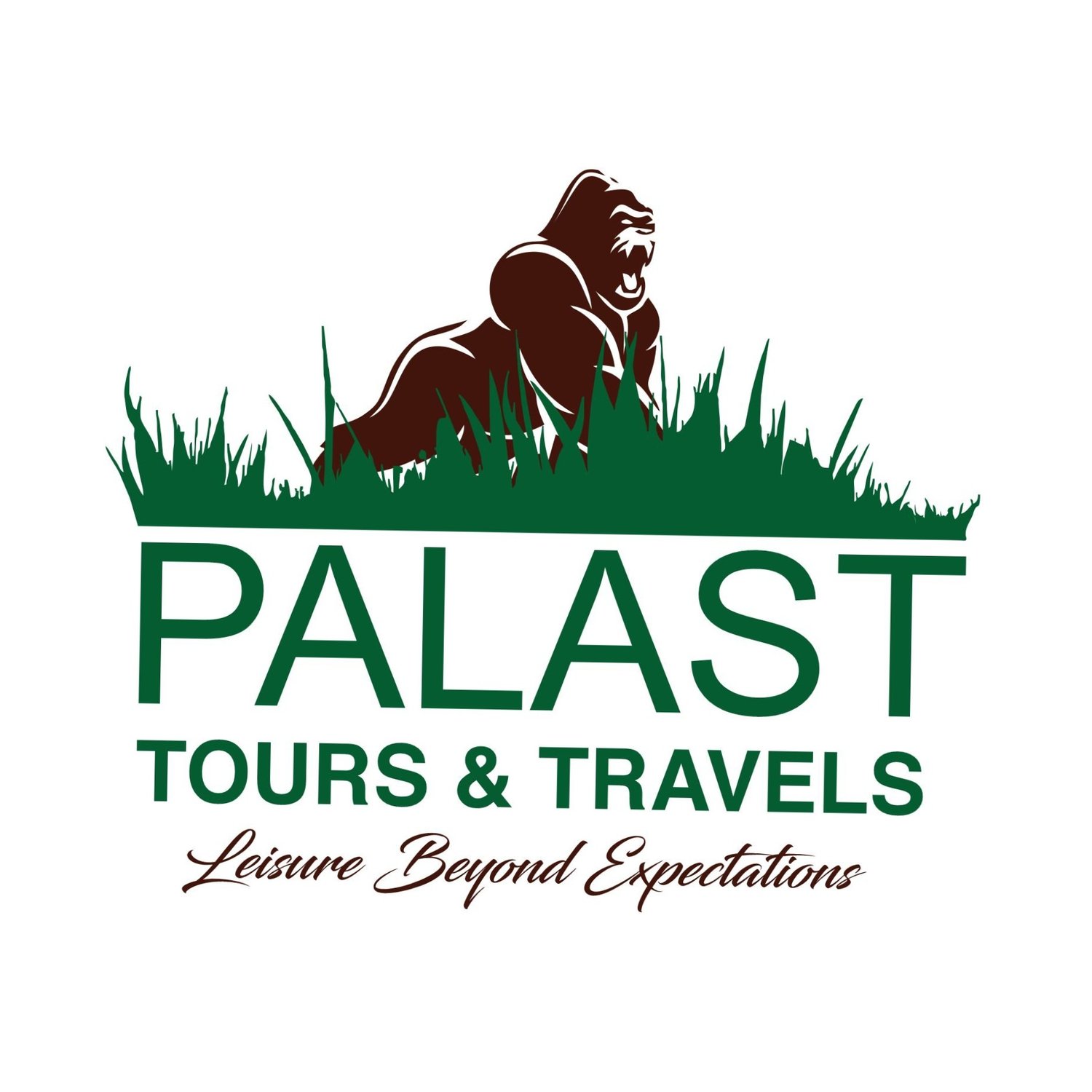10 Must-Know Facts About Rwanda Before Your Visit
Planning a trip to Rwanda, the "Land of a Thousand Hills"? Whether you’re going for a safari, gorilla trekking, or to explore the rich culture and stunning landscapes, it helps to know a bit about the country before you go.
Here are 10 essential facts that will give you a deeper understanding of Rwanda and help prepare you for an unforgettable trip.
1. Rwanda is One of Africa’s Safest Countries
Rwanda is considered one of the safest countries in Africa for tourists. The country has a low crime rate, and its capital, Kigali, is known for being clean and well-organized. Security is taken seriously, with a visible police presence ensuring the safety of residents and visitors alike.
Tip: Visitors often describe Kigali as a peaceful and friendly city, making it an ideal starting point for your Rwandan adventure.
2. It’s Home to the Famous Mountain Gorillas
Rwanda is one of only three countries in the world where you can see endangered mountain gorillas in the wild. The Volcanoes National Park, located in the Virunga Mountains, is a prime spot for gorilla trekking, a once-in-a-lifetime experience that allows you to observe these majestic creatures up close in their natural habitat.
Fun Fact: There are fewer than 1,100 mountain gorillas left in the wild, making Rwanda’s conservation efforts critical to their survival.
3. The Country is Green and Clean
Rwanda is known for its commitment to environmental sustainability. The country has banned the use of plastic bags since 2008, and it is one of the cleanest countries in Africa thanks to community initiatives like Umuganda, a national day of community service held on the last Saturday of every month.
Tip: Don’t bring plastic bags into the country—they’re prohibited and could result in fines at the airport.
4. Rwanda Has a Pleasant Climate
Rwanda enjoys a temperate tropical climate due to its high elevation, making it a pleasant destination year-round. The average temperature in Kigali hovers around 21°C (70°F). The country has two main rainy seasons—one from March to May and another from October to December—so plan accordingly for activities like trekking.
Tip: If you want to avoid the rain, visit during the dry seasons (June to September or January to February), ideal for outdoor activities.
5. Kigali is a Hub for Arts and Culture
Kigali is fast becoming a center for contemporary African art, fashion, and music. The city has many galleries, cultural centers, and markets where visitors can enjoy Rwandan crafts, fashion, and visual arts. The Kigali Genocide Memorial is also a powerful and important historical site that gives insight into the country’s history and resilience.
Tip: Explore local markets like Kimironko Market to pick up some traditional crafts, clothing, and souvenirs.
6. You Can Visit Four National Parks
Rwanda’s compact size means you can explore a diverse range of ecosystems within just a few hours' drive. The country is home to four national parks:
Volcanoes National Park: Famous for gorilla trekking and golden monkeys.
Akagera National Park: A savannah park where you can see the "Big Five" (lion, leopard, elephant, rhino, and buffalo).
Nyungwe Forest National Park: Known for its chimpanzee tracking, birdwatching, and a breathtaking canopy walk.
Gishwati-Mukura National Park: Rwanda’s newest park, offering hikes and birdwatching in a beautiful forested setting.
Fun Fact: Nyungwe Forest is one of Africa’s oldest rainforests, believed to have survived the last Ice Age.
7. Rwanda Has a High Elevation
Rwanda is often called the "Land of a Thousand Hills" for its stunning, mountainous landscapes. The country has an average elevation of around 1,500 meters (5,000 feet) above sea level, with the highest peak being Mount Karisimbi, standing at 4,507 meters (14,787 feet).
Tip: The higher altitude means that even during the day, temperatures can feel cooler, so be sure to pack layers!
8. Kinyarwanda is the National Language
Although Rwanda is a multilingual country with Kinyarwanda (the local language), French, and English being widely spoken, Kinyarwanda is the language you’ll hear most frequently. While many people in Kigali speak English and French, learning a few basic phrases in Kinyarwanda can go a long way in connecting with locals.
Useful Phrases:
Hello: Muraho
Thank you: Murakoze
How are you?: Amakuru?
I’m fine: Ni meza
9. Rwanda is a Leading Example of Women’s Empowerment
Rwanda holds the world record for having the highest proportion of women in its national parliament, with over 60% of seats held by women. The country has made significant strides toward gender equality and women’s empowerment, setting a global example.
Tip: Many Rwandan women lead and participate in various sectors, including conservation, tourism, and agriculture.
10. Currency and Payments
Rwanda’s currency is the Rwandan Franc (RWF), but US dollars are widely accepted, especially in hotels, lodges, and for tourism activities. Credit cards are increasingly accepted in urban areas, but it’s a good idea to carry cash, particularly when traveling outside the cities.
Tip: ATMs are available in major cities like Kigali, but if you’re heading to remote areas, it’s best to withdraw cash in advance.
Final Thoughts
Rwanda’s rich cultural heritage, natural beauty, and wildlife conservation efforts make it a unique travel destination. Whether you’re trekking through rainforests to meet mountain gorillas, visiting Kigali’s vibrant art scene, or exploring its national parks, these facts will help you feel more prepared for an extraordinary journey in the Land of a Thousand Hills. Safe travels!




